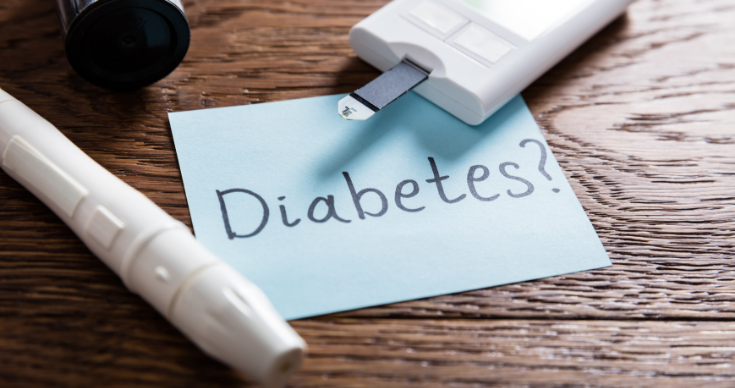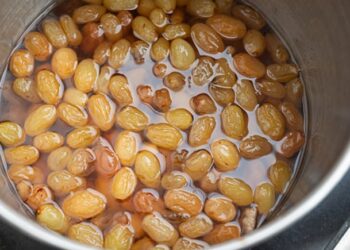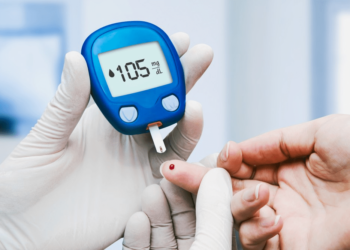A diabetes diagnosis can transform anyone’s life. Your dietary decisions are very important if you have diabetes. Health professionals claim that sugary items and starchy carbs can raise blood sugar levels.
Maintaining the proper quantity and kind of carbs depends on a number of variables, including an individual’s activity level and prescription drugs like insulin.
According to the American Diabetes Association (ADA), diabetic people should maintain the following key elements in their diet:
- Include fruits and vegetables.
- Eat lean protein.
- Choose foods with less added sugar.
- Avoid trans fats.
- Eat fewer processed foods, especially ultra-processed foods.
What to eat if you have diabetes?
- Green, leafy vegetables like spinach, collard greens, kale, cabbage, bok choy and broccoli
- Whole grains like brown rice, whole grain bread, whole grain pasta, buckwheat, quinoa, millet, bulgur and rye
- Fatty fish like salmon, mackerel, sardines, albacore tuna, herring, and trout
- Beans options like kidney, pinto, black, navy, and adzuki
- Walnuts
- Citrus fruits
- Berries
- Sweet Potato
- Probiotic yogurt
- Chia seeds
What to avoid if you have diabetes?
When you have diabetes, it is important to balance high and low GI foods, as high GI foods increase blood sugar more than low GI foods. You need to avoid the following food products with high GI when suffering from diabetes:
- white bread
- puffed rice
- white rice
- white pasta
- white potatoes
- pumpkin
- popcorn
- melons
- pineapple
According to experts, if you have diabetes, it is recommended to limit or balance portions of the following foods:
- Carb-heavy foods
- High GI fruits
- Saturated and trans fats
- Refined sugar
- Sugary drinks
- Salty foods
- Alcohol
Source:FE







 Finance
Finance







